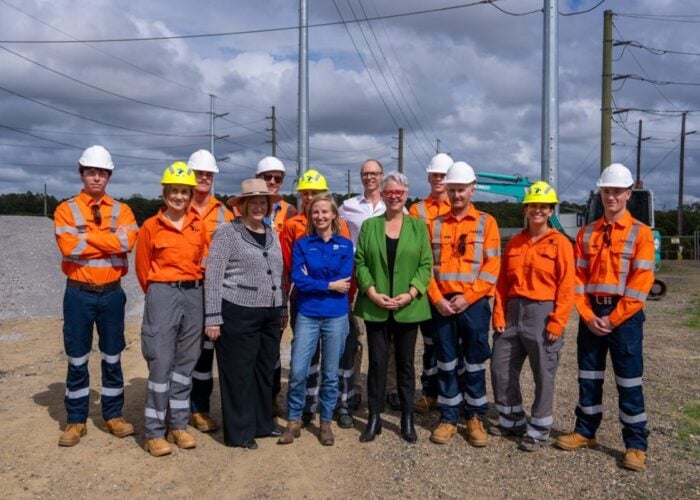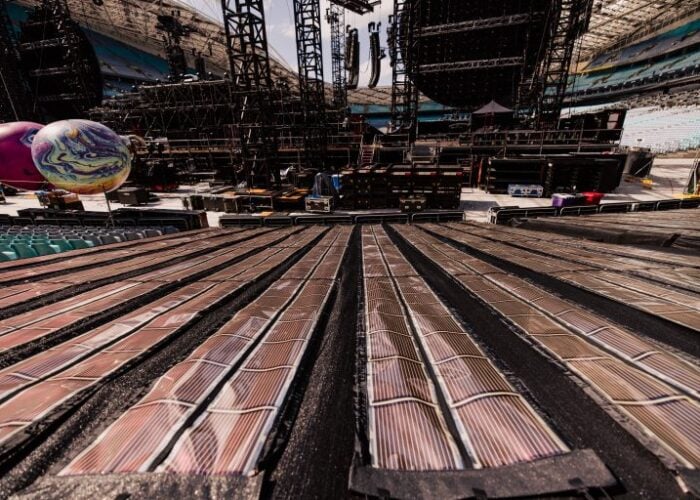Australia's Minister for Climate Change, Greg Combet has revealed that the country's subsidies for households that install solar panels will end a year earlier than planned. The Solar Credits Scheme, originally implemented in 2008, which gives households up to five times more renewable energy credits for the electricity generated by their solar systems, will now end in mid-2014, with the credit 'multiplier' reduced every year until that date.
Solar Credits are based on Renewable Energy Certificates (RECs), and apply to the first 1.5 kW of capacity installed for grid connected solar power systems and up to the first 20kW of capacity for off-grid solar. One REC is equivalent to one megawatt hour of electricity generation; a renewable energy certificate can be traded for cash, with the value of these certificates fluctuating according to market conditions.
Try Premium for just $1
- Full premium access for the first month at only $1
- Converts to an annual rate after 30 days unless cancelled
- Cancel anytime during the trial period
Premium Benefits
- Expert industry analysis and interviews
- Digital access to PV Tech Power journal
- Exclusive event discounts
Or get the full Premium subscription right away
Or continue reading this article for free
“The cost to install solar panels has reduced substantially since the Solar Credits mechanism was first announced in December 2008, driven by a strong economy, a high dollar and falling technology costs,” explains Combet. “The Government has always emphasised the importance of households bearing some of the cost of installing solar systems.”
The Minister continued to say that given the drop in price and other support such as feed in tariffs across the country, the Solar Credits multiplier will be brought forward by one year, from five to four on July 1, 2011, four to three on July 1, 2012, three to two on 1 July 2013 and two to one on July 1, 2014.
While the new regulation will reduce average rebates to households installing a 1.5kW system in Sydney, Brisbane, Perth or Adelaide from AUT$6200 to AUT$5000, the move is expected to save householders approximately AUT$12 next year by lowering the amount of high-cost power that electricity retailers are required to buy under the Government's renewable energy target.






